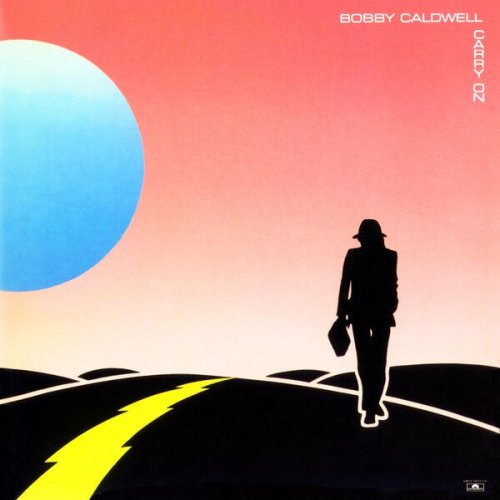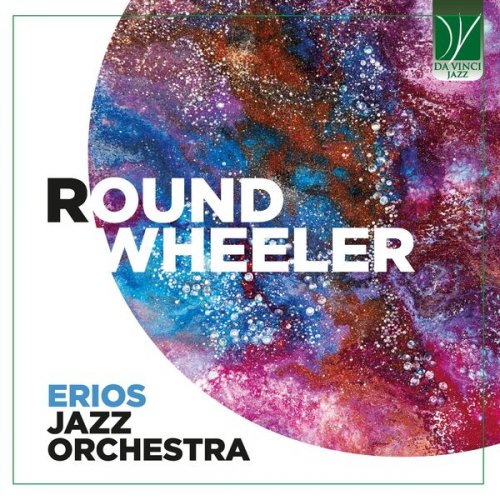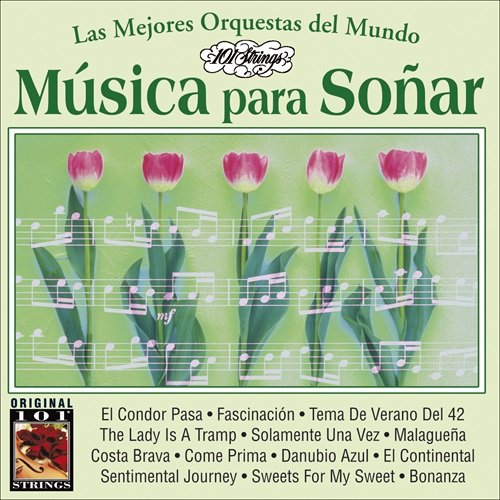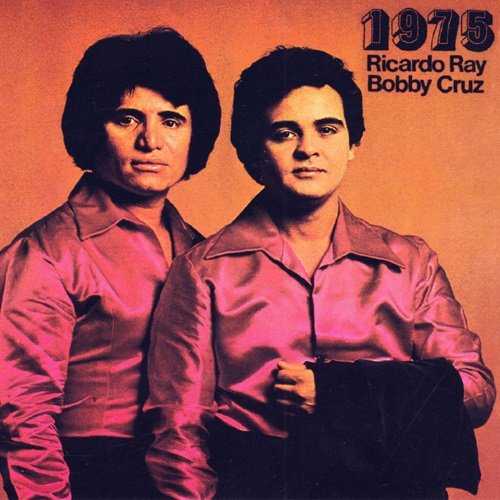Gabor Boldoczki - Oriental Trumpet Concertos (2016)
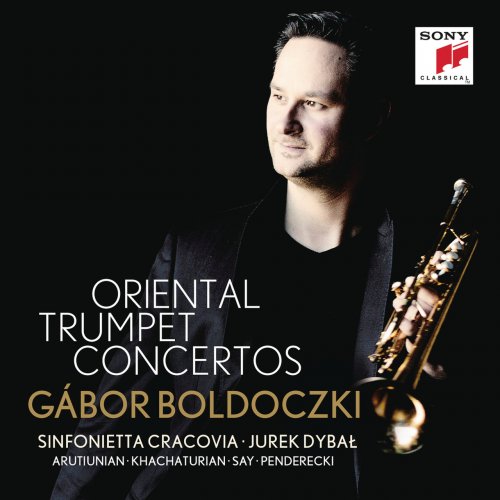
Artist: Gabor Boldoczki
Title: Oriental Trumpet Concertos
Year Of Release: 2016
Label: Sony Music
Genre: Classical
Quality: FLAC (tracks)
Total Time: 51:35 min
Total Size: 215 MB
WebSite: Album Preview
Tracklist:Title: Oriental Trumpet Concertos
Year Of Release: 2016
Label: Sony Music
Genre: Classical
Quality: FLAC (tracks)
Total Time: 51:35 min
Total Size: 215 MB
WebSite: Album Preview
01. Trumpet Concertino: I. Andante
02. Trumpet Concertino: II. Larghetto
03. Trumpet Concertino: III. Intermezzo
04. Trumpet Concertino: IV. Vivo ma non troppo
05. Pictures of Childhood: A Little Song (Arr. for Trumpet and Orchestra)
06. Trumpet Concerto, Op. 31: I. Allegro
07. Trumpet Concerto, Op. 31: II. 5 gegen 6
08. Trumpet Concerto, Op. 31: III. Adagio "Thema" - Variation 1 - Variation 2 - Finale
09. Trumpet Concerto in A-Flat Major: I. Andante - Allegro energico - Meno mosso - Tempo 1
10. Trumpet Concerto in A-Flat Major: II. Meno mosso
11. Trumpet Concerto in A-Flat Major: III. Tempo 1
A somewhat misleading title; I thought we were going to get concertos from Japan, maybe China or Korea; but no. Eastern Europe, yes, Eastern Mediterranean, yes; but no further than that! What we have here are four works featuring solo trumpet, two from Armenian composers, one from Turkey and one from Poland. The source of the last of these is probably the best-known; but I was interested to learn that the great Polish composer Penderecki also has Armenian roots, which does give this programme of music a pleasing integrity.
Gábor Boldoczki is a figure respected world-wide in the field of trumpeting, and his reputation is confirmed by the fact that two of the works here, those by Say and Penderecki, were actually written for him. He plays throughout not only with technical mastery, but also with an unaffected musicianship, which makes the performances all the more pleasing. His only blemish is occasional sharpness of pitch in the high register; but this never lasts too long, nor is too painful, and is generously offset by his many other qualities.
The Penderecki is a very recent work, written and dedicated to Boldoczki just last year. Those familiar with the composer’s ground-breaking music of the 60s and 70s, such as the Threnody for the Victims of Hiroshima, or the great St.Luke Passion, may well be surprised at how diverting and approachable this work is. It begins with a dramatic introduction, in which the trumpet is heard ‘off-stage’, and then develops into a lively four-movement work. Not ‘light’, perhaps, but I agree with the composer’s own description – ‘cheerful’! That is not to say that it doesn’t have its dark or stressful moments. But the general mood is positive, and the interest is greatly enhanced by having the soloist change instruments, using not just the standard trumpet, but also the piccolo trumpet and the flugelhorn.
That last instrument, which is a kind of alto trumpet with a beautiful mellow tone, features in the next item, Khatchaturian’s ‘Little Song’, which comes originally from his piano pieces ‘Pictures of Childhood’. It is presented here in a sensitive arrangement for trumpet and orchestra by the Hungarian composer Péter Erdélyi.
The concerto by the Turkish composer Fazil Say is, for me, is the most interesting music on the disc. Another work dedicated to the soloist, it is beautifully and resourcefully written for the instrument; the orchestration is quirky and effective too. But what I find really unusual is the emotional and stylistic ‘journey’ of the music. It begins with a fairly conventional feel to it, contrasting the military and lyrical sides of the trumpet’s nature. This resolves into a staccato cadenza, which, after a short coda, gives way to the second movement, ‘5 gegen 6’ – i.e. ‘5 against 6’. This is a nervous movement, which, as the title suggests, is based on some complex and unsettling polyrhythms; just try tapping out 5 beats with your left and 6 with your right (or the other way round for that matter), and you’ll see what I mean! More important than that, though, is the distracted mood created, and the expressive sustained lines in the solo instrument. The finale, rather than a re-awakening, surprises by being an Adagio, which begins with a couple of variations on a Turkish folk-song, continuing the thoughtful, lyrical mood of the middle movement. Instead of lifting or brightening, the mood remains sinister, with woodwind solos interrupted by violent outbursts of percussion. Daringly, Say maintains this threatening atmosphere right through to the end of the movement. This is an impressive piece and a genuinely fine one, even if the first movement seems to belong to a different world from the other two!
The final work on the disc, Aratiunian’s Trumpet Concerto of 1950, is the best-known item on the disc, and a work which has been recorded several times, including a recent CD by Alison Balsom. That’s very fine, but Boldoczki is certainly in the same league, even though he does display, surprisingly, a touch of nervous tightness at the beginning of the (muted) slow movement.
All in all a rewarding and enjoyable CD. Fine playing, and music which is challenging but far from inaccessible. ~ Gwyn Parry-Jones
Gábor Boldoczki is a figure respected world-wide in the field of trumpeting, and his reputation is confirmed by the fact that two of the works here, those by Say and Penderecki, were actually written for him. He plays throughout not only with technical mastery, but also with an unaffected musicianship, which makes the performances all the more pleasing. His only blemish is occasional sharpness of pitch in the high register; but this never lasts too long, nor is too painful, and is generously offset by his many other qualities.
The Penderecki is a very recent work, written and dedicated to Boldoczki just last year. Those familiar with the composer’s ground-breaking music of the 60s and 70s, such as the Threnody for the Victims of Hiroshima, or the great St.Luke Passion, may well be surprised at how diverting and approachable this work is. It begins with a dramatic introduction, in which the trumpet is heard ‘off-stage’, and then develops into a lively four-movement work. Not ‘light’, perhaps, but I agree with the composer’s own description – ‘cheerful’! That is not to say that it doesn’t have its dark or stressful moments. But the general mood is positive, and the interest is greatly enhanced by having the soloist change instruments, using not just the standard trumpet, but also the piccolo trumpet and the flugelhorn.
That last instrument, which is a kind of alto trumpet with a beautiful mellow tone, features in the next item, Khatchaturian’s ‘Little Song’, which comes originally from his piano pieces ‘Pictures of Childhood’. It is presented here in a sensitive arrangement for trumpet and orchestra by the Hungarian composer Péter Erdélyi.
The concerto by the Turkish composer Fazil Say is, for me, is the most interesting music on the disc. Another work dedicated to the soloist, it is beautifully and resourcefully written for the instrument; the orchestration is quirky and effective too. But what I find really unusual is the emotional and stylistic ‘journey’ of the music. It begins with a fairly conventional feel to it, contrasting the military and lyrical sides of the trumpet’s nature. This resolves into a staccato cadenza, which, after a short coda, gives way to the second movement, ‘5 gegen 6’ – i.e. ‘5 against 6’. This is a nervous movement, which, as the title suggests, is based on some complex and unsettling polyrhythms; just try tapping out 5 beats with your left and 6 with your right (or the other way round for that matter), and you’ll see what I mean! More important than that, though, is the distracted mood created, and the expressive sustained lines in the solo instrument. The finale, rather than a re-awakening, surprises by being an Adagio, which begins with a couple of variations on a Turkish folk-song, continuing the thoughtful, lyrical mood of the middle movement. Instead of lifting or brightening, the mood remains sinister, with woodwind solos interrupted by violent outbursts of percussion. Daringly, Say maintains this threatening atmosphere right through to the end of the movement. This is an impressive piece and a genuinely fine one, even if the first movement seems to belong to a different world from the other two!
The final work on the disc, Aratiunian’s Trumpet Concerto of 1950, is the best-known item on the disc, and a work which has been recorded several times, including a recent CD by Alison Balsom. That’s very fine, but Boldoczki is certainly in the same league, even though he does display, surprisingly, a touch of nervous tightness at the beginning of the (muted) slow movement.
All in all a rewarding and enjoyable CD. Fine playing, and music which is challenging but far from inaccessible. ~ Gwyn Parry-Jones

![Kobert - Off the Hook (2011) [Hi-Res] Kobert - Off the Hook (2011) [Hi-Res]](https://www.dibpic.com/uploads/posts/2026-03/1772434077_lnz36qc7wmx6u_600.jpg)
![Hanna Paulsberg Concept - Waltz for Lilli (2012) [Hi-Res] Hanna Paulsberg Concept - Waltz for Lilli (2012) [Hi-Res]](https://www.dibpic.com/uploads/posts/2026-03/1772432856_zl4ax53u6ddcs_600.jpg)
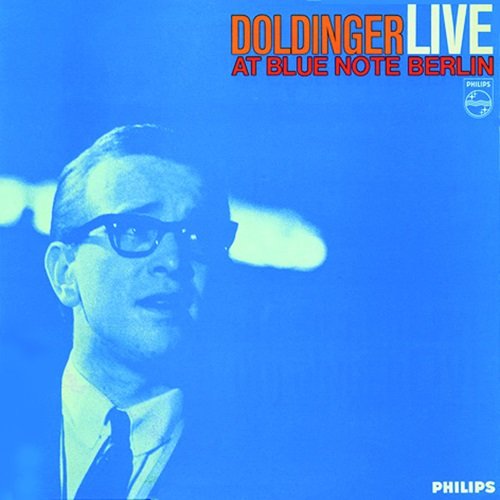
![Cheo Feliciano - Mi Tierra y Yo (Remastered 2026) (2026) [Hi-Res] Cheo Feliciano - Mi Tierra y Yo (Remastered 2026) (2026) [Hi-Res]](https://img.israbox.com/img/2026-02/26/3utwbyq7th3hn4a5zsf7qsky1.jpg)
